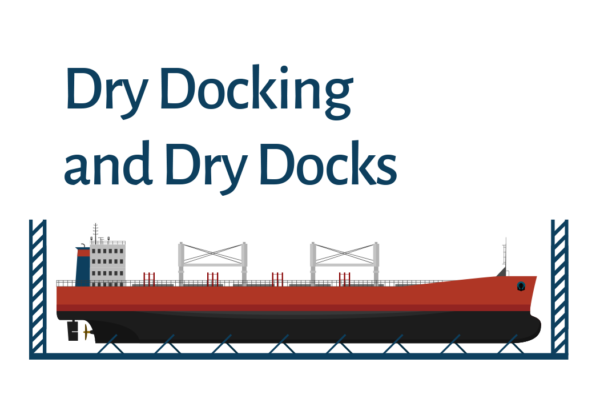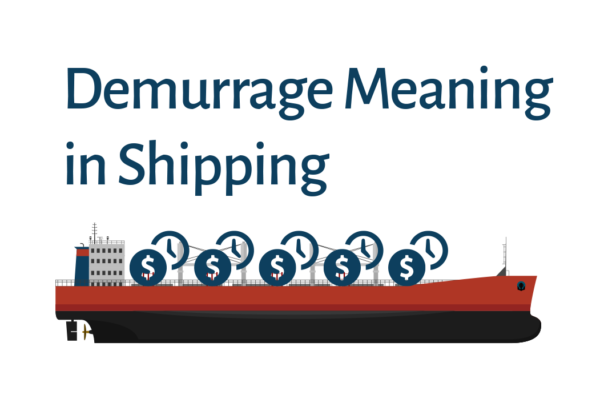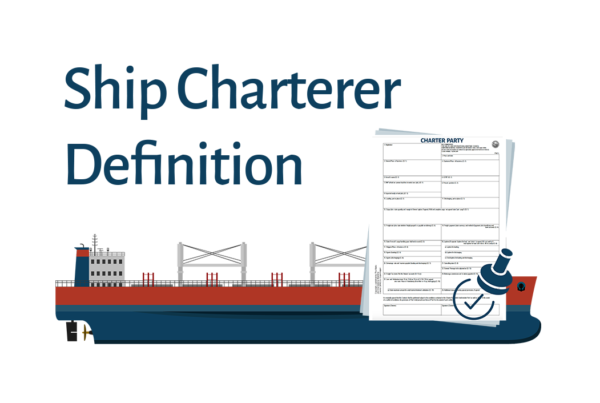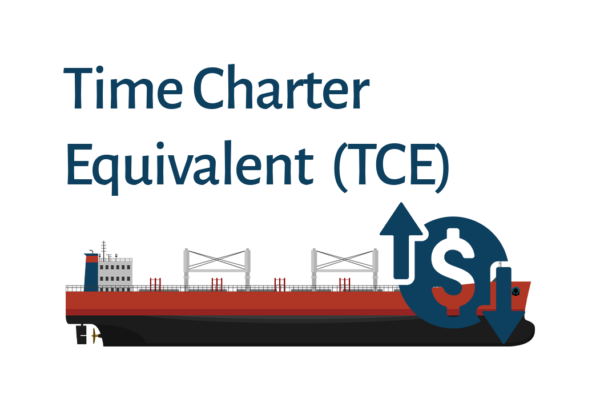An agent is a party who acts under the authorization received from its principal. A principal will be bound to the agent by the agency agreement contract as long as the agent acts within the scope of authorization received from the principal. If the agent acts outside of the scope of the authority received by the principal, then the agent becomes personally liable for the outcome of the actions performed without authorization from the principal.
In Heisenberg Shipping agency, the terms and conditions and the commercial and legal relationship with the principal who may be disponent owner, owner, or charterer is determined in accordance with the Heisenberg Ship Agency Agreement.
Ms. Susan Garang, Head of Vessel Operations in Heisenberg Shipping, defines the agent as a company or person who brings the principal, such as a shipowner or operator, into a contractual relationship with a third party. The concept of a shipping agency relationship is that the principal takes on the responsibility and benefits of the contracts into which the agent enters with them.
The book Scrutton on Charterparties and Bills of Lading defines the creation of an agency agreement as where a person, professionally sufficient to act as an agent, can bind their principal if the principal has done the following.
- Given the agent’s actual authority to make a contract.
- Placed an agent in a position of apparent authority and allowed them to represent the principal as having such authority.
- Ratified the agent’s action if the agent had performed a task for the principal without the principal’s express authority.
”Agency by necessity is the action that will be necessary if, some action is called for, the action taken is such a prudent man with full knowledge of the facts would approve as being likely to prove beneficial in the interests of the adventure.
In Heisenberg Shipping’s Ship Agency Service, it is always necessary to sign an agency agreement between the Principal and the Agent (Heisenberg Shipping) in order to clearly draw the areas of responsibility and authority.
Ship Agency and Entering into Contract with Third Parties
Importance of the Scope of the Authority
The shipping agent’s scope of authority must be well defined. In the nature of business, it is very common that authorized shipping agents to enter into contracts with third parties such as port authorities, pilotage/towage service suppliers, linesmen, stevedoring companies, transportation companies, ship chandlers and suppliers, bunker suppliers and so on.
In particular circumstances, it is fairly common for some providers of goods or services to decline to work exclusively with the agent (such as with local services like a taxi company, doctor and dentist, or similar). In the event of extremely tardy payment, smaller service providers are just not likely to initiate legal action against a ship or its owner.
The agent may be required to act as the grantor for the payment of a particular event/service/action not just by these service providers but also by port authorities or other governmental organizations. In such circumstances, the agent must obtain the necessary authorization from the principal or even payment of the disputed amount.
For example, shipping agency service provides in Turkey are most of the time required by the Port Authorities to undertake to make the payment for the vessel’s idle port occupancy fees. At such events, there may not be possibility to hold the vessel at the port and a quick action is needed to be made.
Practical Tasks and Responsibilities of a Shipping Agency
A Guide to Make Sure and Agent is Acting in Accodance
- An agent is not expected to buy, sell, contract or otherwise deal on behalf of their principal without the full authority for each specific item/even/occurrence.
- An agent is always expected to keep the principal’s funds and assests in their bank account or possession by making sure that their funda/assests are separated from the principal’s.
- An agent must not make an secret profit margin on any step of the service that they given to the principal no matter if the paying party is principal or any other third party. In case such a potential occurs, the agent must inform directly and openly to his principal and ask for his instructions about how to proceed.
- Agent must be keeping all the documents, transactions or any other agreements that their principal are involved privately. An agent can not disclose any of these item to a third party.
The agency agreement may be made for a specific task or port call. Alternatively, the agent and the principal may enter into a contract that will give the agent authorization for specific services for a specific period of time. In both cases, an agency agreement shall be signed between the parties.
Discover Our Other Posts

Dry Docking





